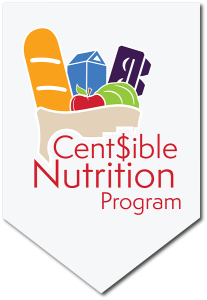Summer is just about here and it looks like warmer weather might be here to stay. Now is a great time to get your garden going. If you’ve never gardened before, getting started is simple with Garden in a Glove! Start your seeds in a glove and you are on your way to your own mini-garden.
Supplies
- 1 clear plastic glove
- 5 seeds
- 5 cotton balls
- Spray bottle, dropper, or small syringe
- Water
- Popsicle stick or other long stick
Instructions
- Place one seed in each finger of the glove.
- Dampen the cotton balls lightly with a spray bottle or under a tiny bit of running water. They need to be damp, but not soaking wet or the seeds will grow mold.
- Using the popsicle stick, push one cotton ball into each finger of the glove so that it covers the seed.
- Hang the glove in a sunny window.
- Check the cotton balls every couple of days, if they are dry add a few drops of water until dampened.
- The seeds will germinate in 3 to 5 days.
- Transplant the seedlings after about 1½ weeks. Plants are ready to transplant when they a several inches tall.
- Carefully cut the bottom off the fingers of the glove and place the cotton balls and small plants into soil. You can use individual containers or plant the seedlings in a garden.
Check out the video below to see the Garden in a Glove process.
CNP Educator Kristy Michaels walks us through starting seeds with Garden in a glove.
Additional Resources
Using a glove to start seeds is just one way to do it and is a fun way to involve kids. If you have a larger garden and want to grow more, try starting seeds in soil. Check out these two videos from UW Extension for tips. While these videos talk about starting seeds in early spring, they may be helpful for starting seeds now, especially if your weather is still changing drastically.


